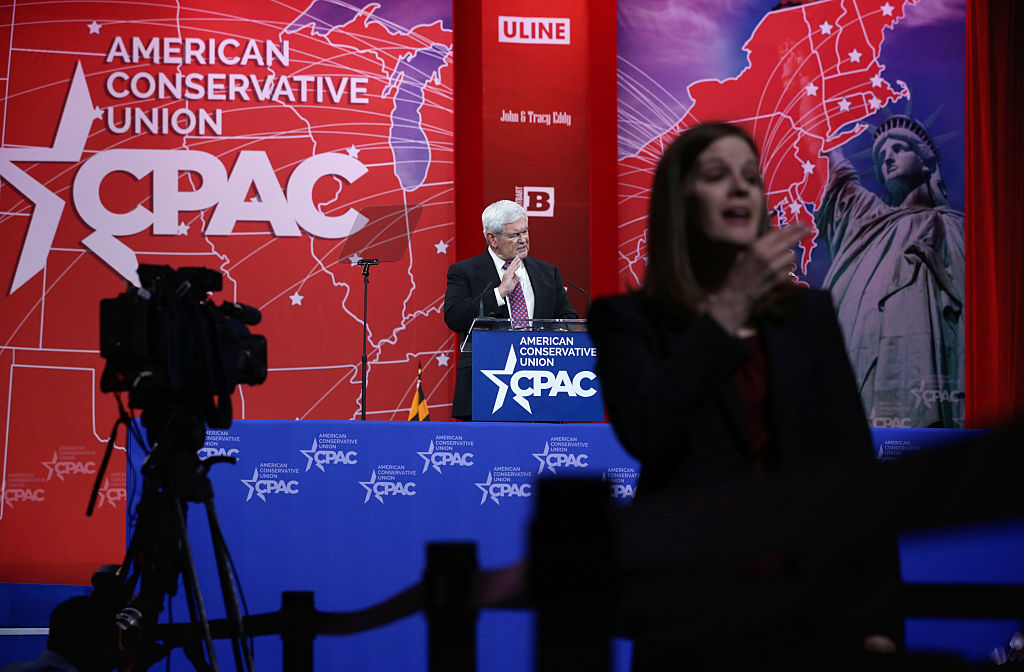In a recent discussion on his radio program, Mark Levin drew attention to historical actions taken by past U.S. presidents, suggesting that these actions are often overlooked in contemporary debates about presidential power. Levin’s remarks come amidst ongoing criticism of former President Donald Trump, with many likening his behavior to that of a dictator. He argues that historical context reveals a different narrative.
Levin pointed to several influential presidents who, he claims, engaged in actions that exceeded the allegations against Trump. For instance, he noted that John Adams, a Founding Father, used the Sedition Act to imprison several citizens, including four journalists. Similarly, he cited Thomas Jefferson and Andrew Jackson as presidents who employed military force for political ends, highlighting their use of the Insurrection Act to achieve their objectives.
The discussion continued with examples from Abraham Lincoln‘s presidency, where he suspended habeas corpus during the Civil War and shuttered newspapers perceived as sympathetic to the Confederacy. Levin emphasized that Lincoln’s actions, including the imprisonment of journalists and confiscation of printing materials, were significant overreaches of executive power.
Levin also addressed the administration of Woodrow Wilson, who, he stated, enacted the Espionage Act in 1917 and a Sedition Act in 1918. These laws led to the imprisonment of approximately 1,200 individuals, including the Socialist candidate for president. This period marked a notable crackdown on dissent, according to Levin.
The conversation expanded to include Franklin Roosevelt, who, Levin claimed, waged a “war against the press.” He established the Federal Communications Commission in 1934, altering broadcasting regulations to ensure compliance with government policies. Levin contended that Roosevelt’s administration also employed the IRS to audit political opponents.
Levin further noted that Lyndon Johnson utilized various government agencies, including the FBI and the IRS, to surveil political adversaries. He alleged that Johnson spied on the Goldwater campaign and monitored civil rights leaders, including Martin Luther King Jr..
The examination of presidential conduct continued with Barack Obama, whose Justice Department allegedly subpoenaed phone records from the Associated Press, impacting communications used by numerous reporters. Levin argues that these historical precedents illustrate a pattern of executive overreach that is not unique to Trump’s tenure.
Levin characterized current criticisms of Trump as politically motivated, asserting that the Democratic Party has historically engaged in authoritarian practices. He claims that they reject electoral outcomes they disagree with and seek to alter the electorate to shift congressional power.
In conclusion, Levin’s historical analysis challenges the narrative surrounding Trump’s presidency, suggesting that actions by previous leaders warrant closer examination. His remarks invite a broader discussion about the balance of power and the implications of presidential authority throughout American history.







